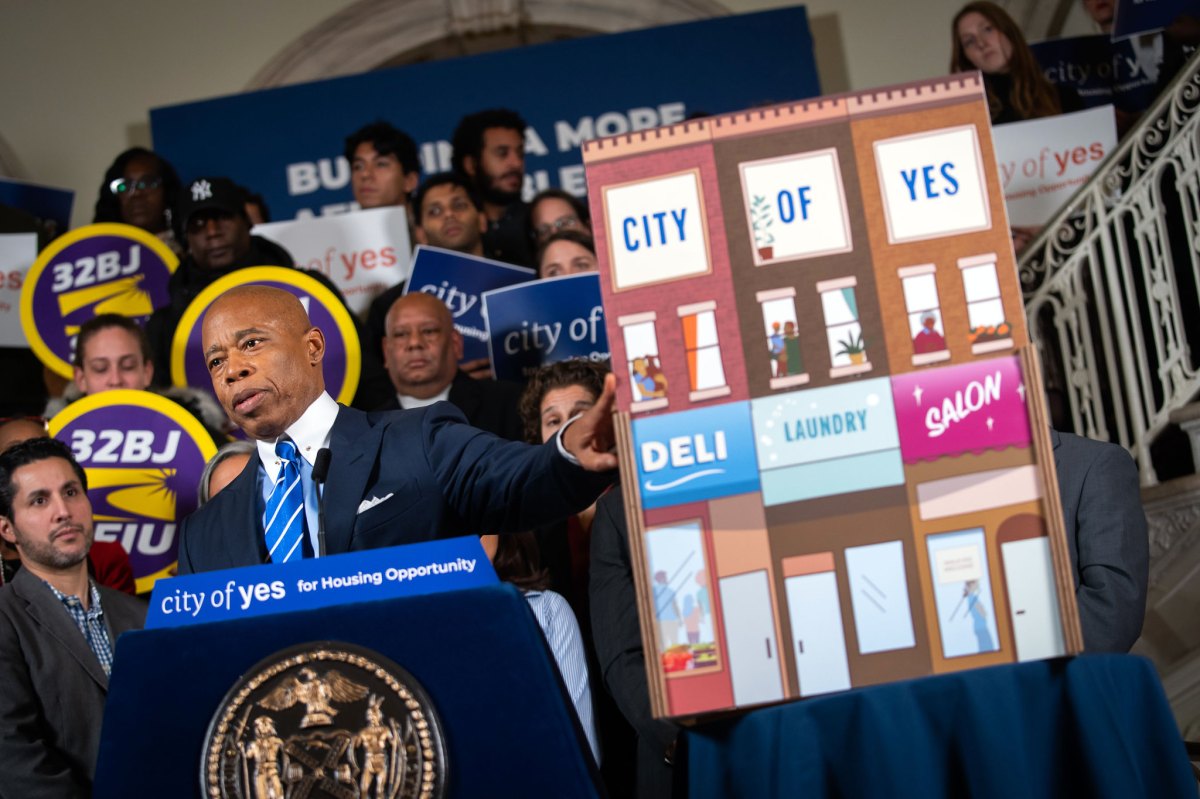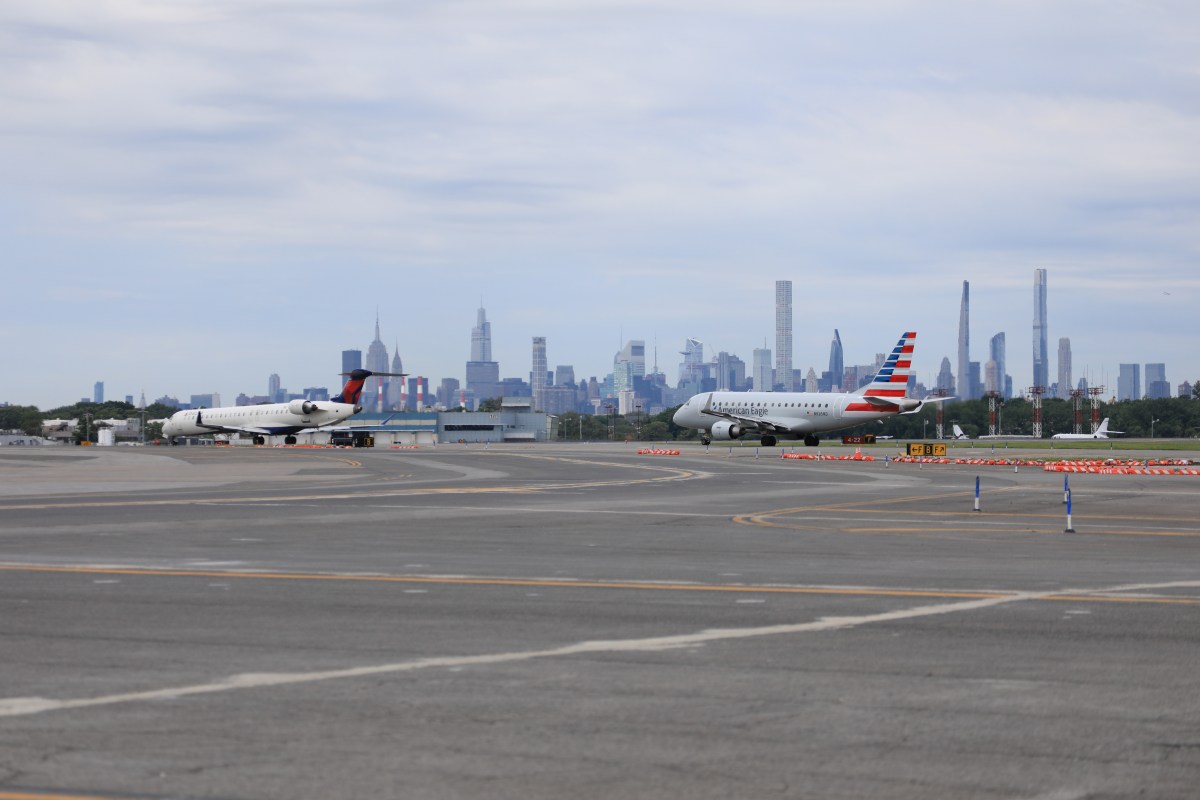
The Republicans’ federal tax proposals have some New Yorkers reverting to a well-trodden strategy: Make everything about Manhattan.
Moody’s Analytics forecast that, if enacted, the tax plans could send Manhattan home prices downward by as much as 10 percent over the next decade. Although other analysts see that sort of prediction as overly pessimistic, there is agreement that the impact will be felt less in the other boroughs.
Both the House and the Senate passed their own tax plans and are preparing to reconcile the differences in the two versions. At issue for high-tax states like New York is the elimination of state and local income tax deductions and a $10,000 limit on property tax deductions.
Adam Kamins, a senior economist at Moody’s Analytics, said Manhattanites would have less discretionary money and a harder time affording the pricier homes without the property tax benefit.
“Eventually that does erode demand, or at least forces people to trade down in terms of what their expectations might be,” Kamins said, noting that Moody’s Analytics believes that under the current proposal, Manhattan home prices could fall by up to 10 percent during the worst part of the 10-year cycle.
Manhattan was the only borough where the average real estate tax deduction — $14,399.74 — was larger than the proposed $10,000 deduction cap, according to the most recent Internal Revenue Service statistics.
Kamins said the other boroughs would not be hit as hard under Moody’s Analytics forecasts.
Some New Yorkers may initially benefit from the tax overhaul, if the government doubles the standard deduction rate, as has been discussed. This would offer more savings than the current deduction system.
Moody’s Analytics estimates did not factor in potentially changing the mortgage interest deduction, which currently allows people with loans as large as $1 million to deduct the interest they pay on them. Only the House has proposed lowering the loan threshold to $500,000.
“That’s really important to people, who have really expensive homes, and a lot of really expensive homes are in New York City,” said Grant Long, senior economist at StreetEasy.
“I think all of the doomsday scenarios are overly pessimistic. I think it could further weaken demand at the very top of the markets,” Long said. “The demand for affordable homes in the city is so strong that it will be relatively resilient.”
High federal tax dues may make the state and city wary of raising their rates, even if real estate tax revenue does stagnate in years to come. Long says he can see there being concerns about sufficiently investing in transit and other infrastructure, and the mayor has expressed similar worries.
Caroline Bass, an associate broker at Citi Habitats, sensed that people are waiting until they have some clarity on how to calculate their taxes before inking deals.
“I’ve been having consistent traffic, but no one is pulling the trigger,” Bass said of attendance at open houses. “They’re still looking; they haven’t decided to just put their search on hold completely.”
Correction: A previous version of this article inaccurately described the mortgage interest deduction and misspelled Caroline Bass’ name.




































